Parenting with the Internal Family Systems (IFS) Model (Online Course)
$439.00 $132.00
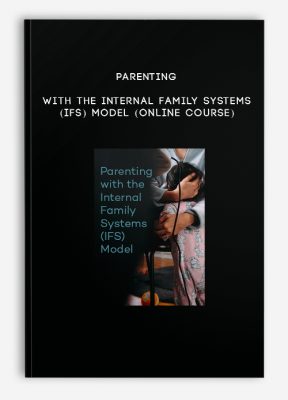
Parenting with the Internal Family Systems (IFS) Model (Online Course)
Sale Page
Get Parenting with the Internal Family Systems (IFS) Model (Online Course) on Salaedu.com
Description:
Parenting today is not easy.
Parents, as well as children, are facing tougher demands than ever before. These demands and pressures lead children to feel angry, anxious, insecure, upset, shameful and more. This is where Internal Family Systems (IFS) comes in.
IFS is one of the fastest growing and effective treatment techniques used by mental health professionals today. Thousands of clinicians already trust IFS in their work to help clients struggling with anxiety, depression, trauma, addiction, and other mental health conditions.
But, what if you could use these same techniques in parenting? IFS is an amazing tool for helping children succeed and parents to be less stressed.
Learn how to offer a deep emotional healing and inner transformation through parenting.
When you register you will learn:
- Intentional vs reactive parenting: Becoming a Self-Lead Parent
- BeFRIENDING your parts so you can welcome and beFRIEND your child’s
- The 5 P’s of Parenting: Presence, Patience, Persistence, Perspective and Playfulness
- It’s all in the Connection: Gaining your child’s Cooperation, Increase their Confidence and Self-Esteem
Plus!
- Lifetime access to all webinar recordings.
- Connect with your peers via the course forum.
- & more!
Objectives:
- Analyze what parts are, how they manifest, their purpose, and the 3 types of parts in order to create an understanding of the role of parts in children’s lives and how they impact children and families on a daily basis.
- Evaluate how to connect with parts in order to create loving, healthy, and co-regulated relationships between children and caretakers.
- Determine what the Self is, identify the core characteristics of self, demonstrate how parts are resources for Self, and describe the inner resources present in each person.
- Develop effective parenting tools via delineating the qualities of Self-led parenting, determining the importance of befriending one’s own parts in order to be able to befriend children’s parts, appraise the impact of childhood wounds on parenting, and investigate child parts within.
- Integrate the parenting protocol questions designed to help parents assess how childhood wounds and trauma may be contributing to a re-creation of similar dynamics in the parenting of their children.
- Analyze the research on the role of attachment in building strong relationships between children and their caregivers.
- Demonstrate the six “P’s” of parenting and apply these tools in order to allow parents to be available to connect with and create healthy attachment with their children and improve parent’s ability to parent effectively.
- Determine the impact that different attachment styles have on how parents and children relate to each other, appraise the impact of stress on connection, elaborate on how legacy burdens can negatively impact the connection between parent and child, and organize parenting tools that can be utilized to build cooperation and re-establish connection and attachment via parental attunement and building self-confidence in children.
Course Outline:
Intentional vs. Reactive Parenting: Become a Self-Led Parent
- Understanding Parts
- Positive Intentions for the System
- Types of Parts
- Connecting with Parts
Self-Energy
- What is Self?
- Getting Space Between Parts & Self
Parenting
- Intentional Parenting
- M.U.S.H.Y.
- Self-Led Parenting
Befriending Your Parts So You Can Welcome and Befriend Your Child’s
- Befriending Your Parts
- All Parts are Welcome
- Externalizing Parts & Self
- Unblending
- Triggers
- Part-to-Self Connection
Befriending Your Internal Parts & You’re Children’s Outside Parts
- Safety
- M.U.S.H.Y.
- Soothed
- Connected
- Security
- Repair
Child Parts Within
- Childhood Wounds
- Parenting Protocol Questions
- Befriending Your Pain
The Six P’s of Parenting
- Presence
- Patience
- Persistence
- Perspective
- Playful
- Pause
It’s all in the Connection: Gaining Your Childs Cooperation, Increase Their Confidence & Self-Esteem
- Attachment
- Attachment Styles
- Attunement
Connection
- The Impact of Stress
- Intention
- Co-Regulation
- Questions to Deepen Connection
- Connection to the Past
- Legacy & Intergenerational Burdens
Building Self-Esteem & Confidence
- Reflecting
- Communicating Understanding
- Establishing Safety & Setting Limits
- Supporting Self-Confidence
Outline:
Intentional vs. Reactive Parenting: Become a Self-Led Parent
Understanding Parts
Positive Intentions for the System
Types of Parts
Connecting with Parts
Self-Energy
What is Self?
Getting Space Between Parts & Self
Parenting
Intentional Parenting
M.U.S.H.Y.
Self-Led Parenting
Befriending Your Parts So You Can Welcome and Befriend Your Child’s
Befriending Your Parts
All Parts are Welcome
Externalizing Parts & Self
Unblending
Triggers
Part-to-Self Connection
Befriending Your Internal Parts & You’re Children’s Outside Parts
Safety
M.U.S.H.Y.
Soothed
Connected
Security
Repair
Child Parts Within
Childhood Wounds
Parenting Protocol Questions
Befriending Your Pain
The Six P’s of Parenting
We Pass on Our Beliefs About Ourselves to Our Children
Parenting & Connection
Power Struggles
Presence with Self
The Six P’s of Parenting
Presence
Patience
Persistence
Perspective
Playful
Pause
It’s all in the Connection: Gaining Your Childs Cooperation, Increase Their Confidence & Self-Esteem
Attachment
Attachment Styles
Attunement
Connection
The Impact of Stress
Intention
Co-Regulation
Questions to Deepen Connection
Connection to the Past
Legacy & Intergenerational Burdens
Building Self-Esteem & Confidence
Reflecting
Communicating Understanding
Establishing Safety & Setting Limits
Supporting Self-Confidence
NLP online course
So what is NLP?
Firstly, NLP stands for Neuro-Linguistic Programming. Secondly neuro refers to your neurology;
Thirdly linguistic refers to language however, programming refers to how that neural language functions.
As a result,In other words, learning NLP is like learning the language of your own mind!
Moreover, NLP is the study of excellent communication–both with yourself, and with others.
It was developed by modeling excellent communicators and therapists who got results with their clients.
NLP is a set of tools and techniques, but it is so much more than that.
In conclusion, It is an attitude and a methodology of knowing how to achieve your goals and get results.
More Course: NLP – HYPNOSIS – PHILOSOPHY
Outstanding Course:Hypnotica Master’s Circle
1 review for Parenting with the Internal Family Systems (IFS) Model (Online Course)
Add a review Cancel reply
Related products
HYPNOSIS - NLP Courses
HYPNOSIS - NLP Courses
HYPNOSIS - NLP Courses
Christina Hall – The Paradoxical Nature of Change – Video Book
HYPNOSIS - NLP Courses
Doña Eugenia Pineda Casimiro – The Healing Potential of Sacred Mushrooms

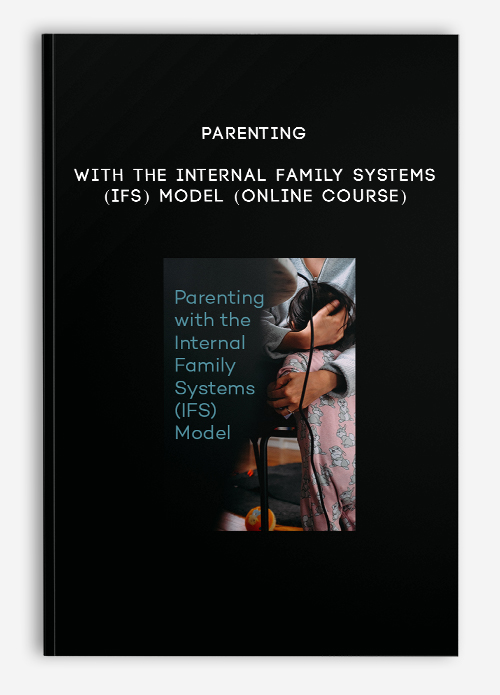
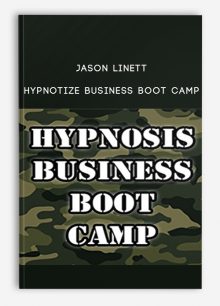
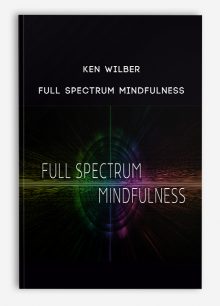

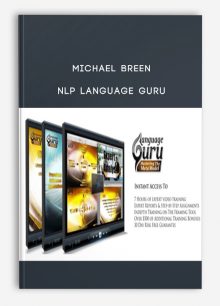
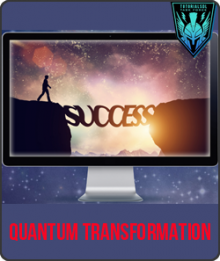
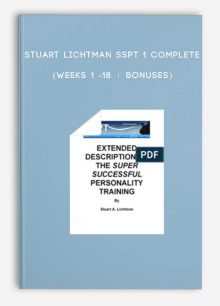


king –
“We encourage customers to contact Customer Service and think twice before making payment. All course contents will be similar to what is from the author.”
Thank you!